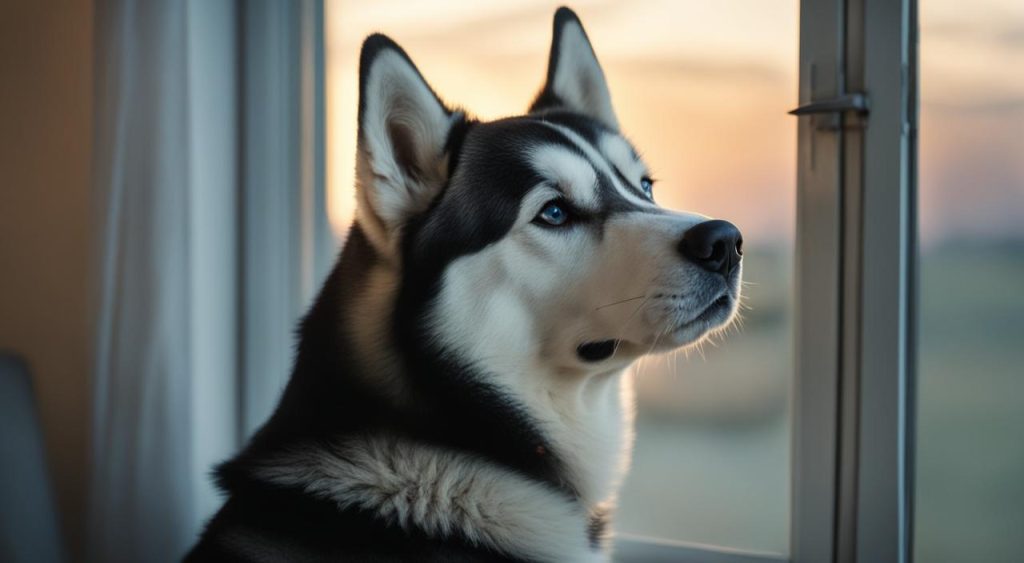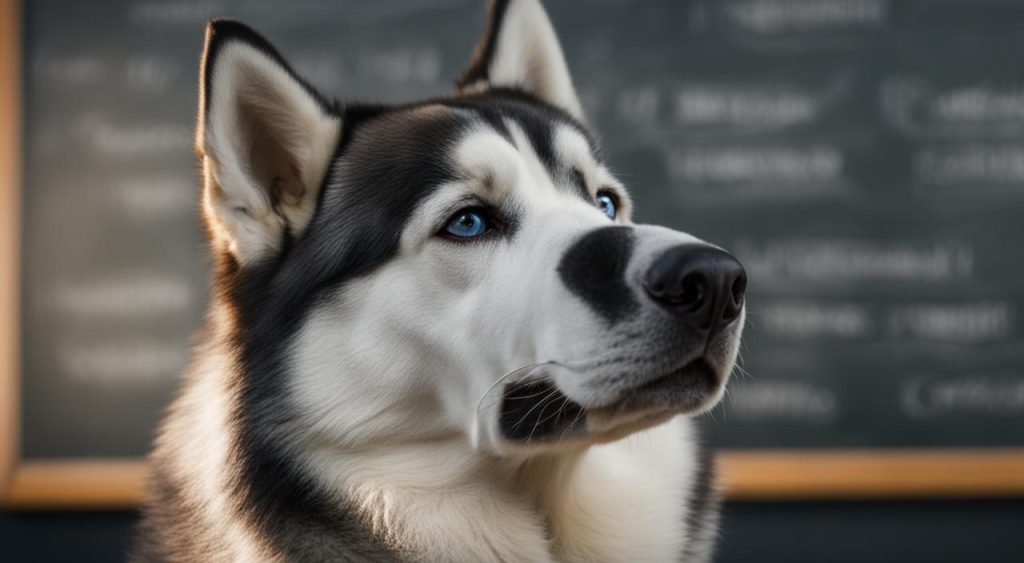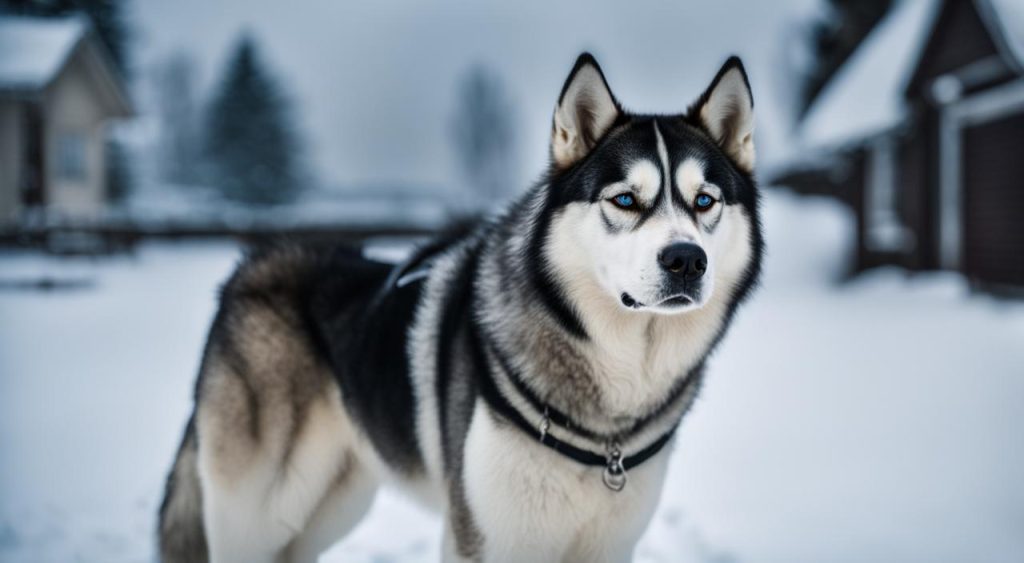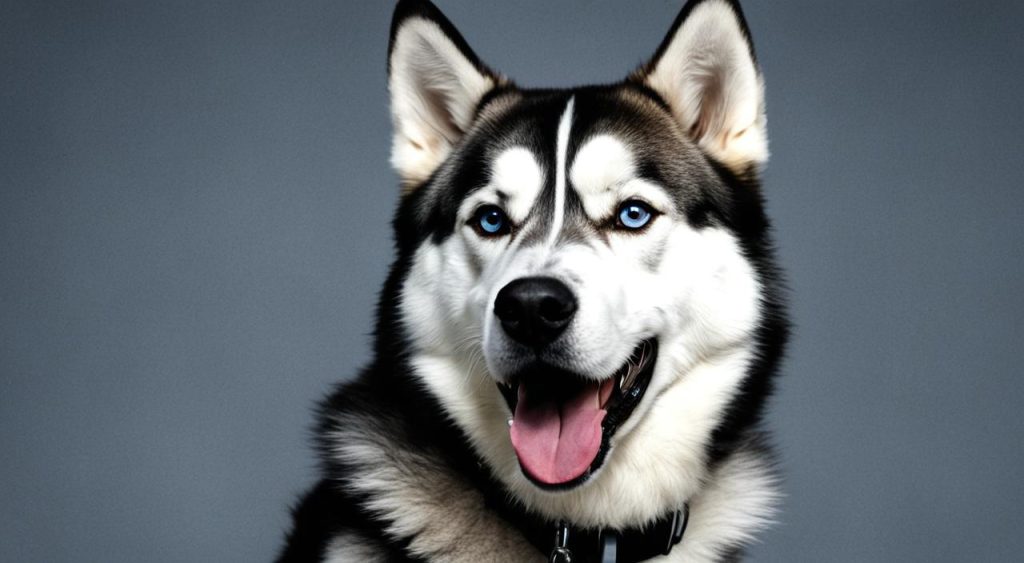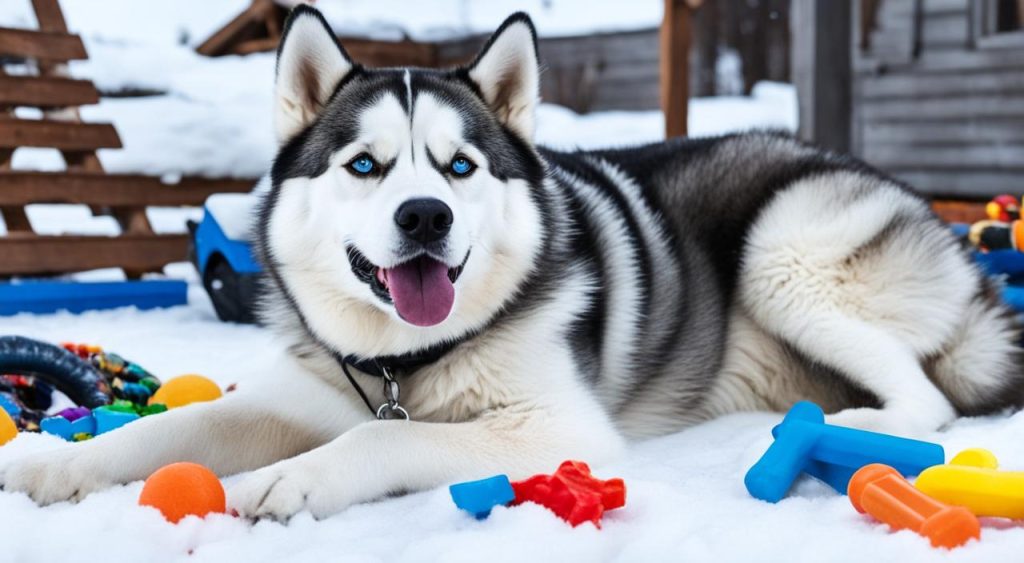Huskies are a social breed by nature, originally domesticated by the Chukchi people of Siberia. They are used to living and working with other Huskies and sled dogs. Due to their social nature, Huskies do not do well when left alone for long periods of time. They may develop separation anxiety and engage in destructive behaviors. While some Huskies can tolerate being alone for short periods, most will struggle if left alone for more than two to three hours. Common destructive behaviors seen in Huskies who are left alone for too long include excessive howling, chewing, scratching, and bathroom accidents. To make your Husky more comfortable when alone, provide plenty of exercise, toys, and a safe space like a crate. Training can also help them cope with separation anxiety. However, it is important to note that Huskies are not suited for long periods of alone time and should not be left alone regularly if possible.
Key Takeaways:
- Huskies are social dogs and may struggle when left alone for long periods.
- They may develop separation anxiety and engage in destructive behaviors.
- Providing exercise, toys, and a safe space can help make your Husky more comfortable when alone.
- Training can also help them cope with separation anxiety.
- Huskies are not well-suited for long periods of alone time and should not be left alone regularly if possible.
Tips for Leaving Your Husky Alone
To make leaving your Husky alone a more positive experience, there are a few things you can do.
- Ensure your Husky gets enough exercise: Huskies are an active breed and need at least 2 hours of exercise per day. Providing them with plenty of physical activity can help tire them out and reduce the likelihood of them developing separation anxiety.
- Provide toys and comforting objects: Keep your Husky entertained while you’re away by providing them with toys and comforting objects. Puzzle toys can be especially effective in keeping a Husky occupied and mentally stimulated.
- Create a comfortable and inviting space: Consider using a crate as a safe space for your Husky when they are alone. Make sure the crate is comfortable and inviting, with bedding and familiar scents.
- Train for separation anxiety: Consider training your Husky to cope with separation anxiety. Gradual desensitization and positive reinforcement can help them feel more secure when left alone.
While these tips can help your Husky adjust to being alone, it’s important to remember that they are highly social dogs and should not be regularly left alone for long periods of time. If possible, arrange for companionship or daycare to ensure your Husky’s well-being.
The Siberian Husky: A Unique Breed
Siberian Huskies are a unique breed known for their distinctive traits, making them a favorite among dog lovers. Originating from the Chukchi people of Siberia, these beautiful dogs have a rich history of pulling sleds over long distances.
One of the most striking features of a Siberian Husky is their appearance. They have a compact, medium-sized build and a thick double coat that serves as protection against cold weather. Huskies come in a variety of colors, including black, white, gray, and red, further enhancing their eye-catching appeal. Speaking of eyes, Huskies are renowned for their mesmerizing almond-shaped eyes that can range in color from blue to brown.
When it comes to temperament, Siberian Huskies are friendly, playful, and loyal companions. However, it’s important to note that they can also be independent and stubborn, which can present challenges when it comes to training. Huskies are highly intelligent and require mental stimulation to prevent boredom and destructive behavior. Additionally, their high energy levels mean that they need plenty of exercise to stay happy and healthy.
In terms of health, Siberian Huskies are generally a robust breed. However, they can be prone to certain inherited conditions such as hip dysplasia and cataracts. Regular veterinary check-ups and a healthy diet are crucial for maintaining their well-being.
If you’re considering living with a Husky, keep in mind that they require a spacious home and an active lifestyle. Apartment living may not be suitable for these energetic dogs, as they thrive in environments that provide ample room for exercise and exploration. When properly cared for and given the attention they need, Huskies make wonderful family pets, bringing joy and companionship into your home.

